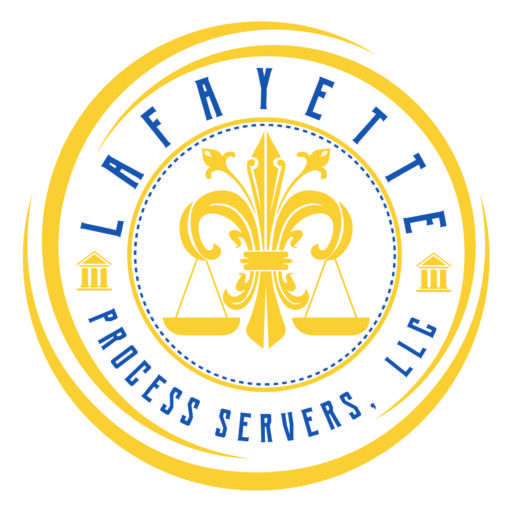Watch Out for These Process Server Scams
Process servers play a crucial role in legal services. They deliver legal documents to individuals involved in court cases.
However, this field is not immune to fraudulent activities. Scammers often pose as process servers to exploit unsuspecting victims.
This article aims to shed light on standard process server scams. It will help you recognize the signs of a scam and provide tips to protect yourself.
By understanding these scams, you can avoid falling victim to them and ensure the integrity of your legal proceedings.
Understanding Process Servers and Their Role
Process servers are professionals who deliver legal documents to individuals or entities involved in a court case. They serve subpoenas, summons, complaints, and other court-related documents.
Their role is crucial in the legal system, ensuring all parties receive the necessary documents. This allows the legal process to proceed fairly and transparently. However, being aware of scams that exploit this role is essential.
Common Types of Process Server Scams
Scammers often pose as process servers to exploit unsuspecting individuals. They use various tactics to trick their victims into giving them money or personal information.
Here are some common types of process server scams:
- Immediate payment demands
- Requests for personal information
- Use of intimidation and urgency tactics
Immediate Payment Demands
One common scam involves a fake process server demanding immediate payment. They may claim that you owe court fees or fines.
Remember, legitimate process servers do not collect payments. They only deliver legal documents.
Requests for Personal Information
Scammers may also ask for personal information. They might say they need it to verify your identity or to complete the process service.
Never give out personal information to someone you haven’t verified as a legitimate process server.
Intimidation and Urgency Tactics
Scammers often use intimidation and urgency tactics. They may threaten you with arrest or legal action if you don’t comply immediately.
Legitimate process servers do not use such tactics. They simply deliver the documents and leave.
How to Spot a Fake Process Server
Identifying a fake process server can be challenging, especially if you’re unfamiliar with the legal process. However, there are some telltale signs to look out for.
Here are a few red flags:
- Lack of identification or improper documentation
- Demanding immediate payment or personal information
- Using intimidation or urgency tactics
If you encounter these signs, you’re likely dealing with a scammer. Always verify the identity and credentials of a process server before engaging with them.
If you suspect a process server scam has targeted you, it’s crucial to act swiftly. The first step is to avoid providing any personal information or payment.
Next, report the incident to your local law enforcement and legal authorities. They can provide guidance and take necessary action against the scammer.
Lastly, maintain a record of all interactions with the process server. This can be useful for any subsequent investigations.
If you suspect a process server scam has targeted you, it’s essential to report it. Contact your local law enforcement agency and provide them with all the incident details.
You should also report the scam to your state’s licensing board. They can take action against fraudulent process servers and provide you with information on legitimate ones.
In conclusion, staying informed and vigilant is your best defense against process server scams. Always verify the legitimacy of the process server and the documents they present to protect yourself from legal scams.

